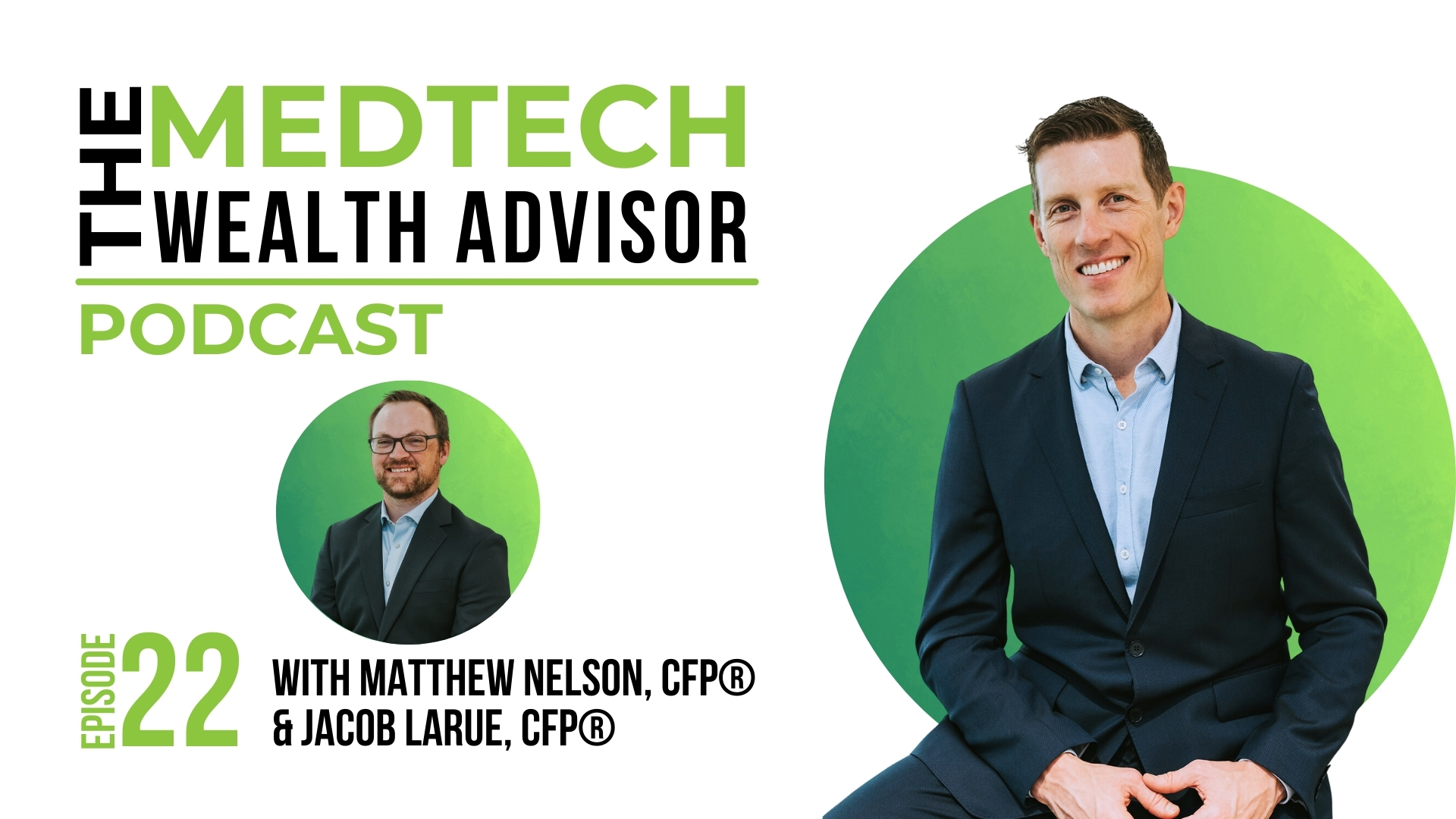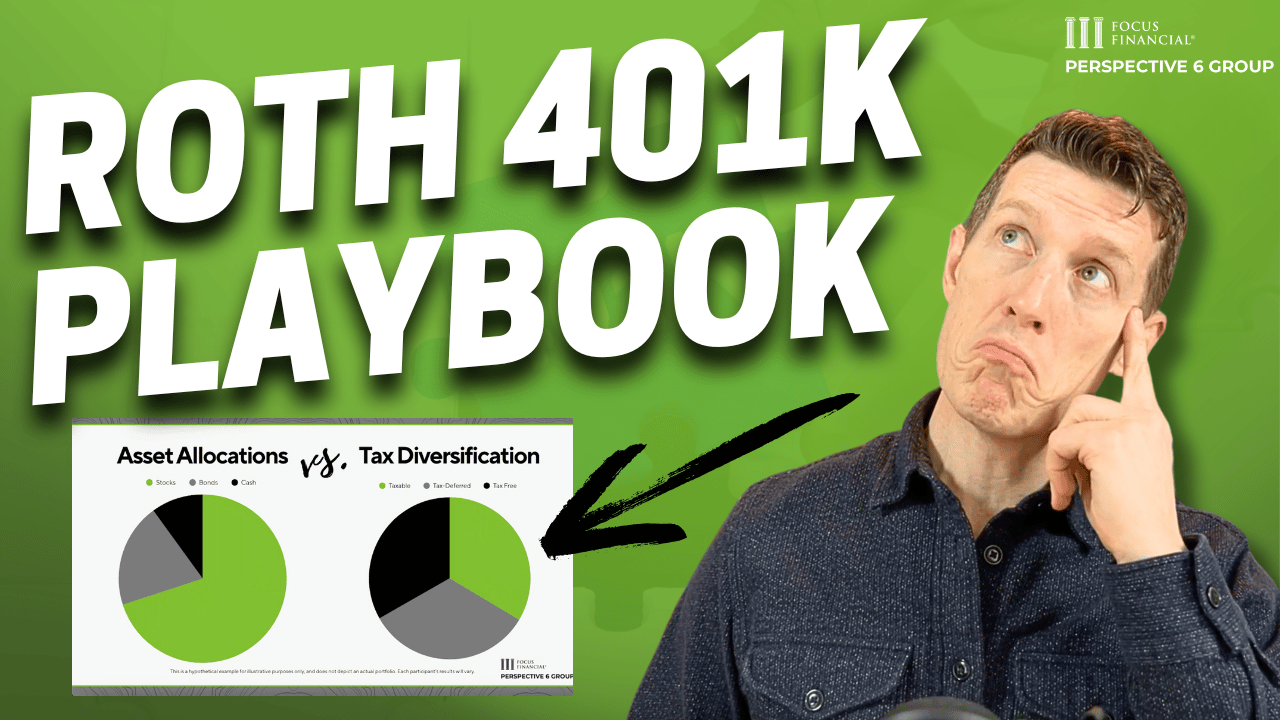How to Optimize Non-Qualified Stock Options

How do NSOs work? When are NSOs taxed? Are NSOs earned income? Get all your NSO questions answered on this episode.
Unlocking the potential of your non-qualified stock options (NSOs) can be essential in achieving financial independence, particularly in the MedTech industry. Understanding the intricacies of NSOs can empower you to make informed decisions about your equity compensation and overall financial plan.
Join host Matt Nelson, CFP®, and Jacob LaRue, CFP®, as they explore the strategic planning required for exercising NSOs. Learn the importance of understanding grant agreements, vesting schedules, and the overall impact on your financial plan to avoid common pitfalls like unexpected tax bills and concentration risk.
Key Highlights:
- NSOs Overview:
- Gain insights into how NSOs work, including the difference between the grant price and the current stock price, as well as the significance of the vesting schedule
- Exercising NSOs:
- Explore different methods of exercise, cash vs. cashless, and understand the implications of each approach
- Tax Implications:
- Learn about the tax consequences of exercising NSOs, including ordinary income taxes on the bargain element and capital gains taxes on future gains
- Concentration Risk:
- Discover strategies to manage concentration risk, especially if a significant portion of your portfolio is tied to one company’s stock
- Three-Step Planning Process:
- Understand the process of reviewing stock plan documents, building a financial plan, and creating a game plan for exercising NSOs
- Withholding and Tax Planning:
- Identify the need for additional tax planning due to insufficient withholding on NSOs and the importance of keeping up with tax estimates to avoid penalties
- Practical Guidance:
- Early Exercise Option:
- Exercising NSOs early can be beneficial if the stock price is low, allowing future gains to be taxed at capital gains rates instead of income tax rates
- Scenario Planning:
- Evaluate different exercise scenarios to determine the best strategy for your financial situation, considering factors like market concentration and tax impact
- Regular Check-ins:
- Regularly review and adjust your financial plan, especially during key periods like Spring and Fall to ensure you stay on track and avoid surprises
- Early Exercise Option:
- And much more!
Resources:
- RSUs: How do RSUs & Restricted Stock Work?
- What Are the Investment Decisions to Consider with RSUs?
- Decoding Non-Qualified Stock Options Taxation
- IRS.gov: Tax Withholding Estimator
- IRS.gov: Form W-4 – 2024
Listen Now!
Apple Podcasts → https://bit.ly/3GGW1Da
Spotify → https://bit.ly/3TofDDW
About Matthew Nelson
Matt has over 20 years of experience in the financial services industry. He is passionate about helping MedTech professionals maximize their benefits, reduce their taxes, and plan for financial freedom. As the Founder, Managing Partner, and Senior Financial Advisor at Perspective 6 Group, he leads a team of dedicated professionals. The team provides comprehensive and personalized financial planning and investment management services to our clients.
As a CERTIFIED FINANCIAL PLANNER™ (CFP®), Accredited Investment Fiduciary® (AIF®), and Equity Compensation Associate (ECA) Matt specializes in helping our clients navigate the complex and evolving landscape of equity compensation, financial independence, portfolio management, and income tax minimization. Further, he leverages his experience as a private equity investor at Focus Financial Network, Inc., to offer strategic insights and guidance on business succession, valuation, and exit planning. Matt’s mission is to empower our clients to achieve their financial and personal goals with confidence and clarity.





